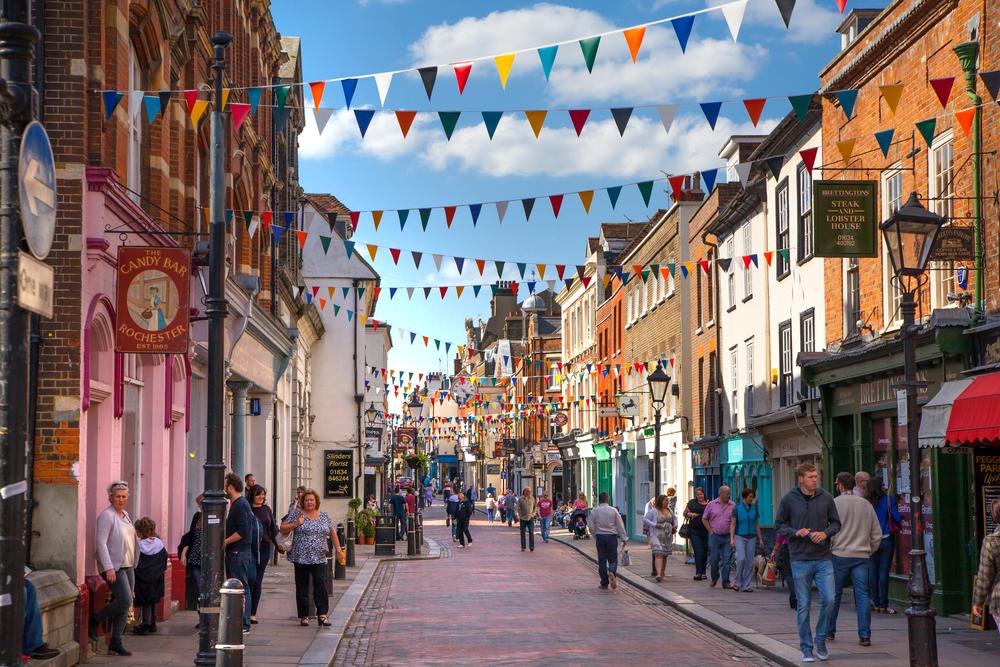With many employees returning from furlough, and with shops opening for the first time in months on Monday, questions are being asked about the ability of high street retailers to pick up steam as lockdown restrictions are loosened.
Offering diverging accounts of the situation for companies post-quarantine were Fortnum and Mason CEO Ewan Venters, and owner of stationary company Ryman, Theo Paphitis. While they agree that a return to ‘normality’ was desirable for both companies and consumers, their visions for the coming months were greatly at odds.
On the one hand, Mr Paphitis lamented the struggles faced by high street retailers in light of the expansion of online shopping and deliveries in recent years. He stated that lockdown had – understandably – put already challenged businesses into an even more difficult spot, and that to make the high street competitive with their online counterparts, the government should either continue their business rates waiver or scrap business rates altogether, on a permanent basis.
With this stance in mind, we can imagine the situation looks pretty bleak for face-to-face shopping outlets, as lockdown has not only seen companies such as Amazon (NASDAQ:AMZN) and Ocado (LON:OCDO) expand their delivery capabilities to meet expanded demand, but has seen many previously sceptical shoppers rely on online retail opportunities for the first time – many of whom will likely seek out the convenience and cost-effectiveness of shopping online in future.
In contrast, Mr Venters was highly optimistic about shops reopening. While fresh produce and supermarket sales are expected to be steady, the main area of concern for many would be the willingness of consumers to resume their regular social habits, by visiting pubs, bars and restaurants.
In response to this, Mr Venters was very positive. He stated that Fortnum and Mason had seen strong demand for its cafe offerings, with a backlog of bookings, following the recent reopening of the company’s popular afternoon tea reservations. Venters was not surprised by this fact, and instead stated that we should expect such activity going forwards. As people gain confidence and as more eating and drinking establishments reopen, he says we can anticipate healthy trading towards the latter end of the summer, as people release their pent-up desire to reconnect with their families and friends, by going for dinner or for drinks.
The optimistic outlook seems more on-the-money so far, as shoppers took to the streets and queued down the roads frantically on Monday, to access high street retailers such as Primark (LON:ABF) and Sports Direct (LON:FRAS). If this post-lockdown trading activity becomes the norm – and people cluster in shopping and recreational outlets – then it’s safe to assume that consumers will find it difficult to observe social distancing. Going forwards, this presents the very real dilemma of a Coronavirus second wave sooner rather than later.
We may be keen to return to our usual service, however our desperation to do so will likely see us back in quarantine before winter. A second lockdown in quick succession may be too much for many high street retailers to survive, and in terms of financial support, we’ll likely learn the hard way that the government’s pockets aren’t bottomless. While the message from many may be ‘go out and support local businesses’, perhaps the best thing we can do is support in moderation. An over-zealous return to normal life could be the death knell for many small businesses.

